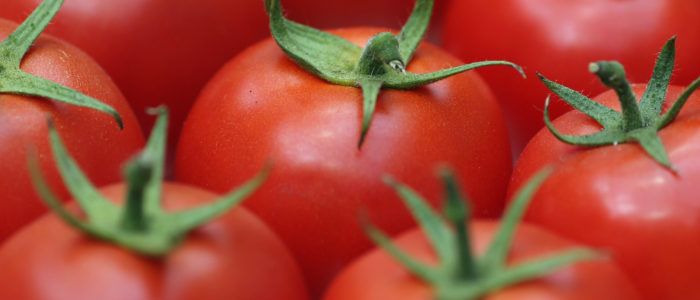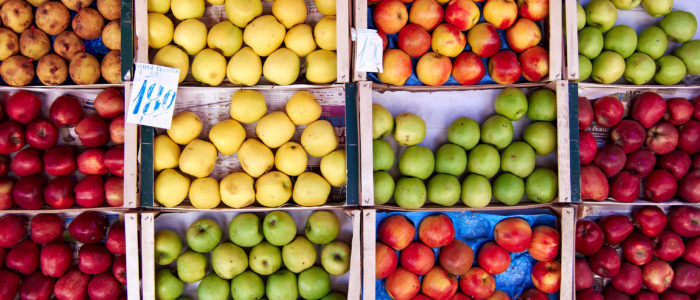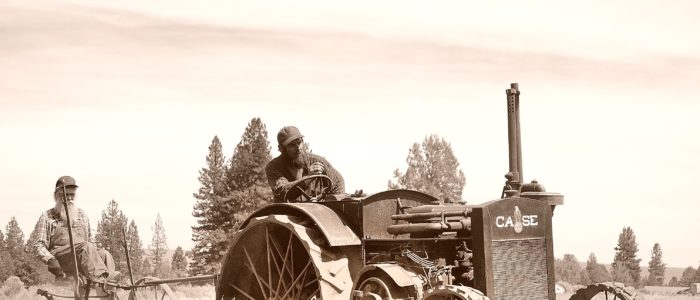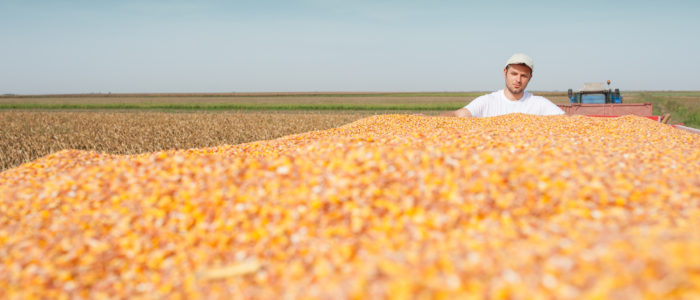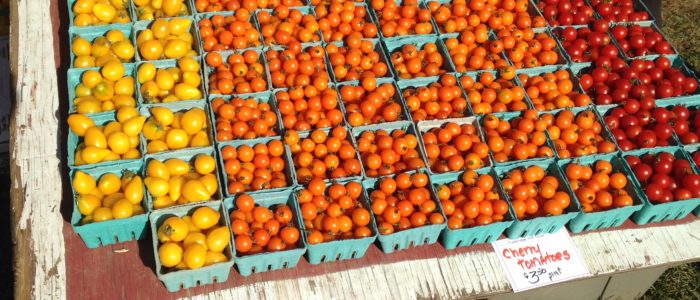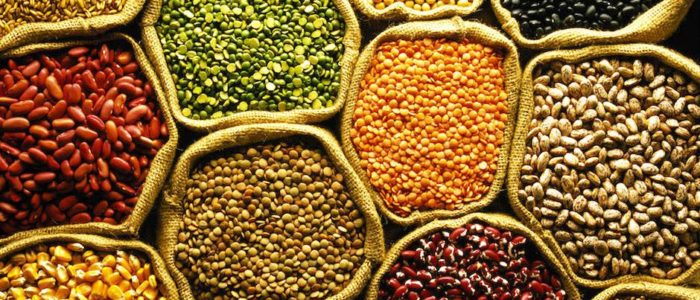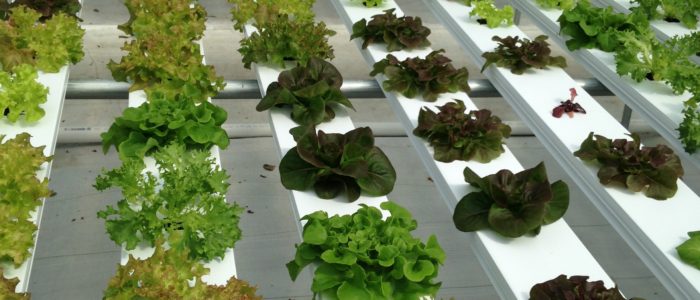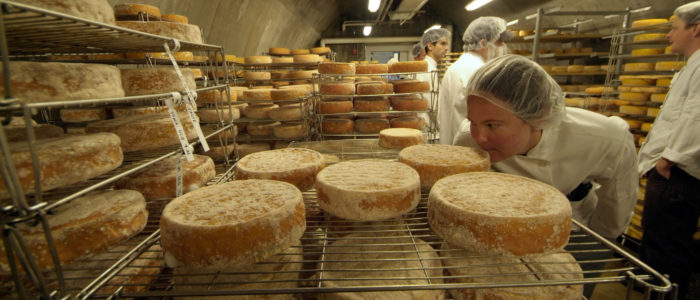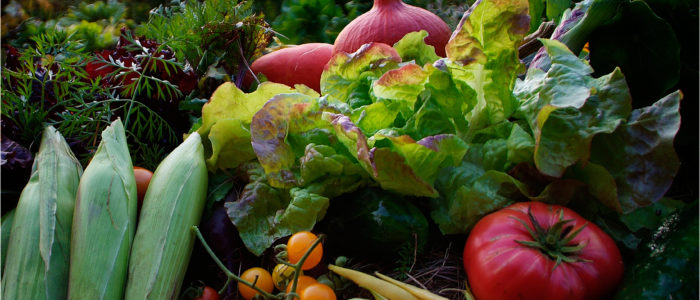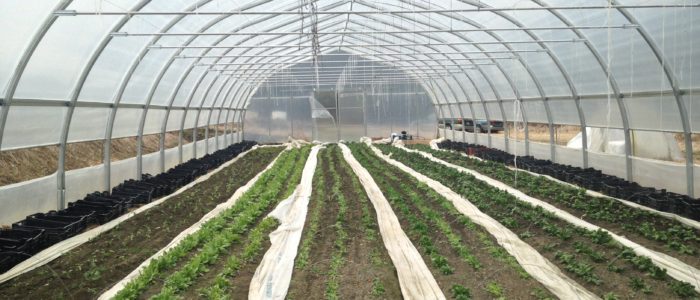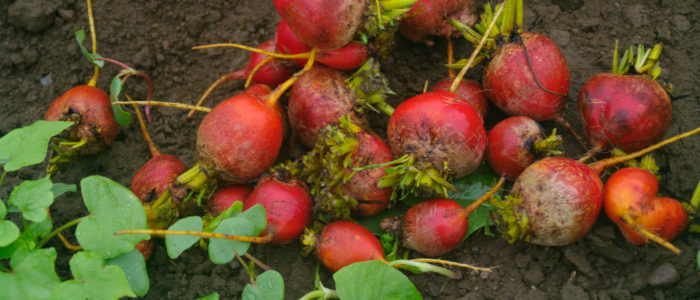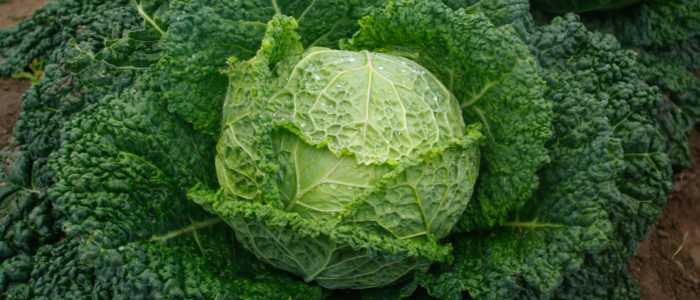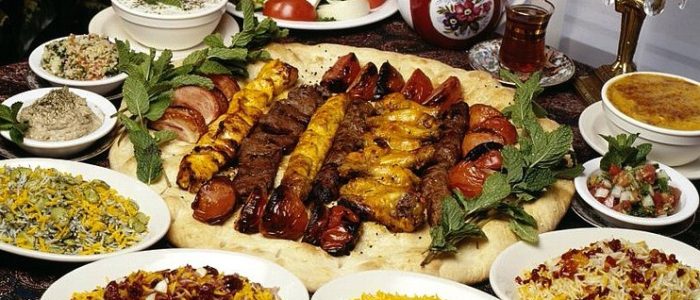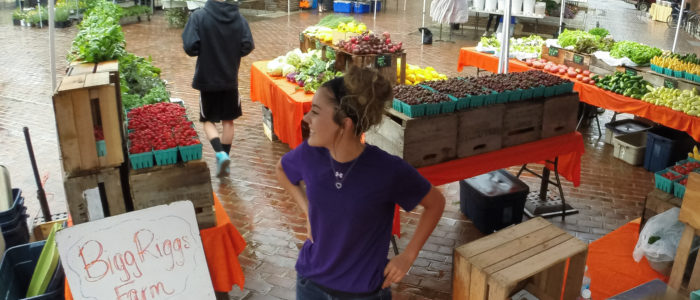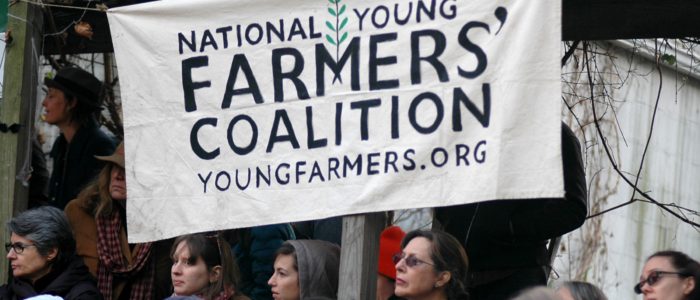This workshop delivers an overview of the history of industrial food production and theories of sustainable food systems. Participants will learn about food production from a systems-based perspective, at different scales, and in different bioregions. The workshop will review laws and policies determining food production and distribution, and will evaluate diverse food systems models that enable sustainability, ecological restoration, shared wealth, democracy, equality, and community.
This course provides the intellectual tools necessary to examine the fundamental logic of contemporary food systems and explore how each of the stages might be changed by altering the economic, technological and political factors which give it form. A food system is comprised of five parts — resources, production, processing and distribution, preparation and consumption, and resource recovery/disposal — whether in hunter-gatherer and subsistence cultures, or in the highly commodified, globalized food culture we have in the industrialized world today. From a strictly economic view, there have traditionally been three inputs to the agricultural system: land, labor, and capital. Today, we recognize that three more factors have an important effect on the structure and form that a given food system will take: technology, infrastructure and government policy.

